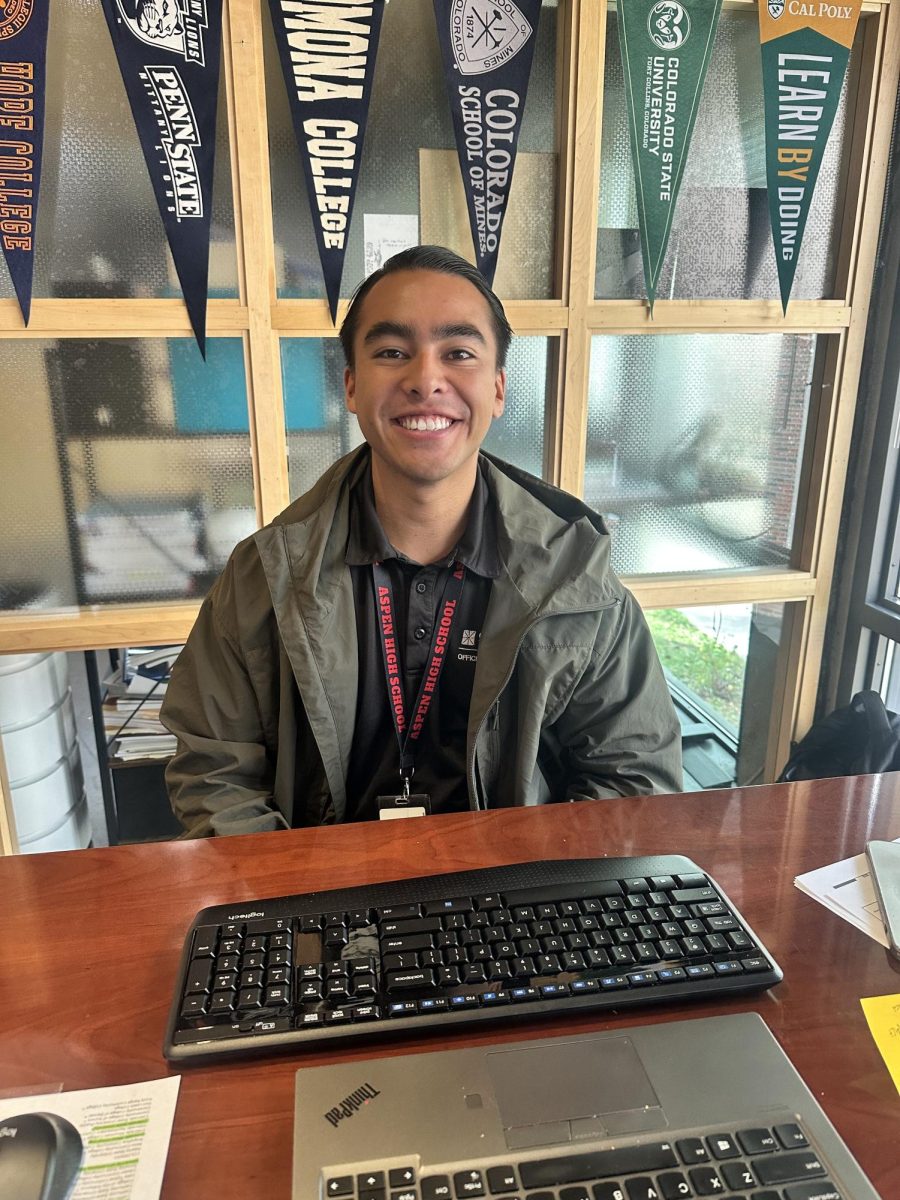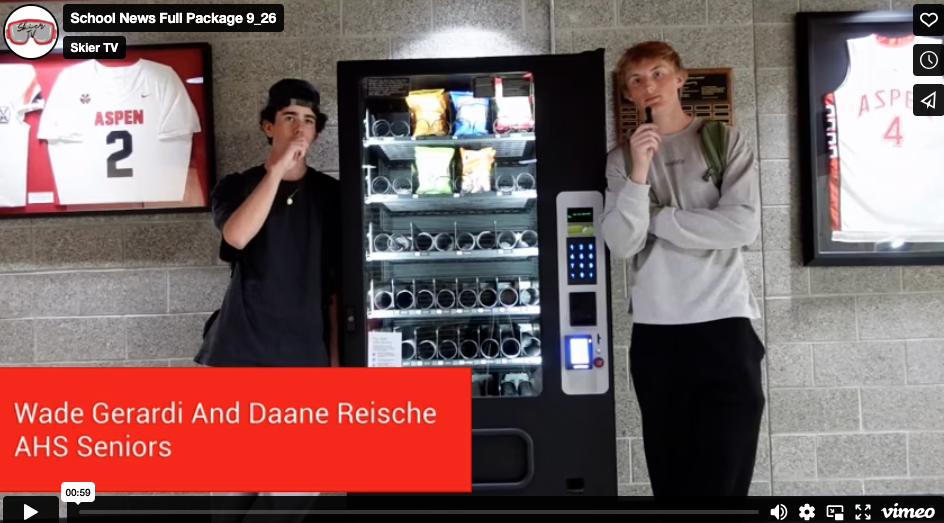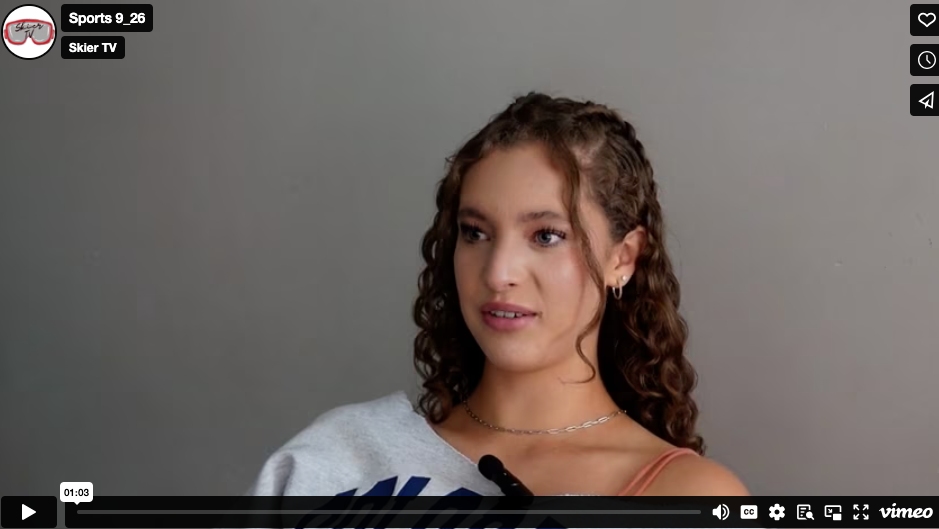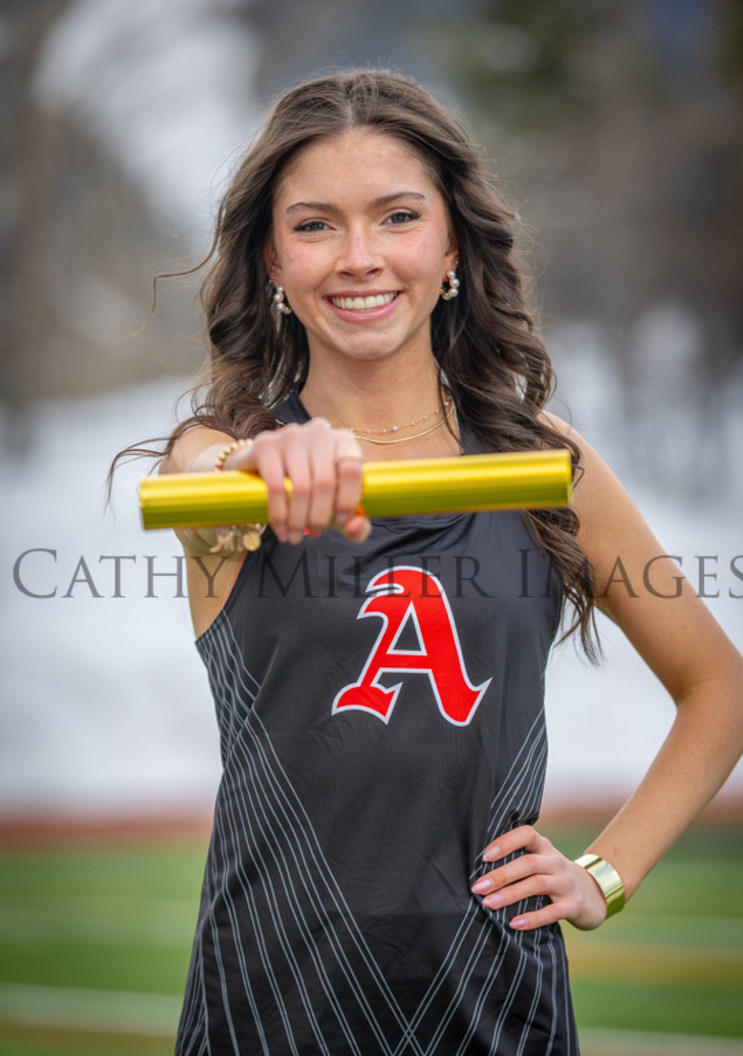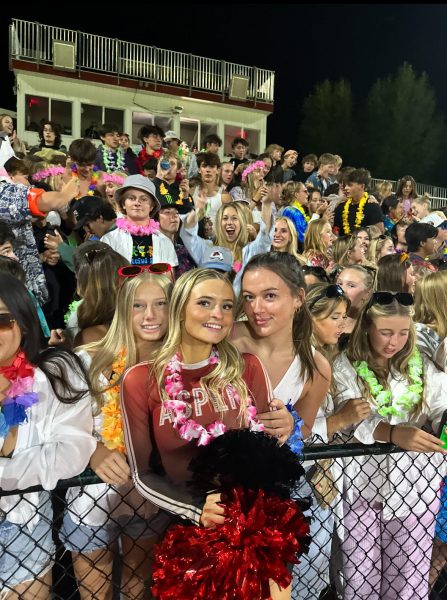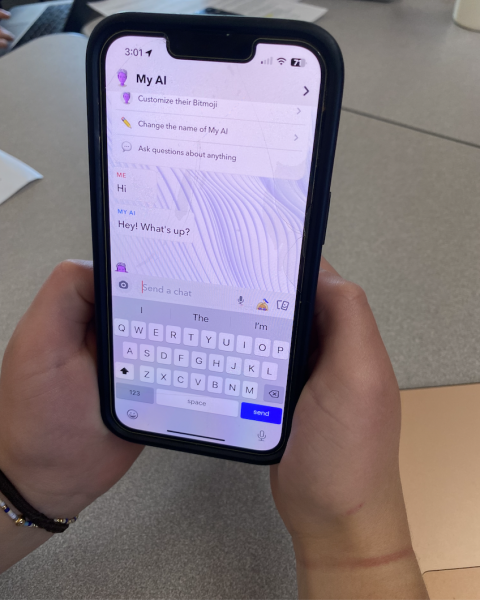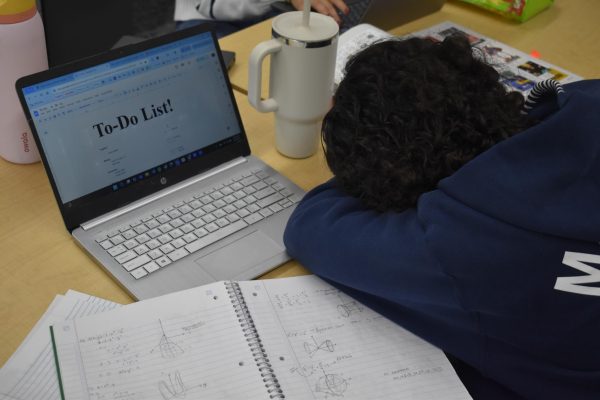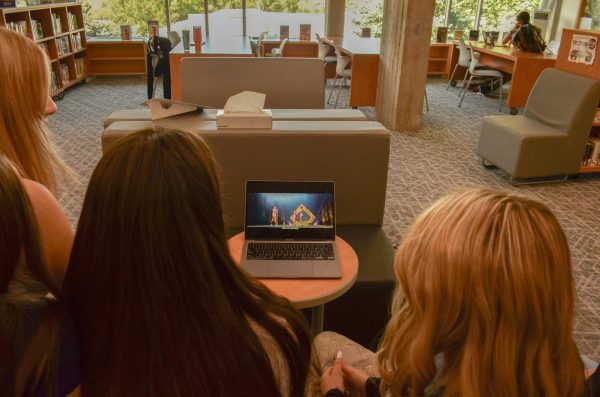Will 16 year olds vote in Aspen?
Mayor Torre in a meeting with AHS students.
Today’s youth are advocating their beliefs and voices through protests and rallies, such as the Aspen School District’s March For Our Lives and the Climate Strike. These current issues, whether political, environmental, or discriminatory are being spoken out about as critical and urgent concerns that need to be addressed. These concerns are not just affecting adults, as expressed by the vast amount of marches and protests. Most of the young people who are voicing their concerns are under the age of 18, and unable to vote.
While today’s youth has been expressing opinions and ideas for changes to be made, some believe that they can go one step further in making changes by voting, especially in local areas such as Aspen. Mayor Torre, the mayor of Aspen, recently met with a group of AHS students to discuss possible changes in this town. One idea brought up by Torre himself correlated with discussions formulating within him and the City Council.
“I want to have a teen voice in City Hall. We are potentially thinking about having 16-year-olds be able to vote. This is brand new and this is something we have been looking into, [and] when I say we, I mean the City Council. We have interest in you guys having a voice,” said Mayor Torre.
Students attending the meeting with Mayor Torre were intrigued, and ideas developed within the students about the possibilities that 16-year-old voting could take. Lauren Fox, Head Girl of AHS, and a member of the student senate attended the meeting with Mayor Torre.
“I feel like [16-year-old voting] could go both ways because I think it could be a really cool thing, but only if the people who are voting are educated on it. This is what the Mayor, Torre, was saying. He would have to make sure that there were things in place that would really educate teenagers, so they knew what they were doing and so they could use the power of voting. It is a privilege to vote, so you have to know what you are doing and really know the candidates or the different proposals that you would be voting on,” said Fox.
Lowering the voting age opens a door to concerns and controversies, such as the possibility that 16-year-olds may not use the privilege of voting properly. Austria has proven these concerns otherwise, by lowering their voting age to 16 and carrying overall positive results. In Austria, there is a history of lowering the voting age. In 1992, the age was lowered from 19 to 18, and 8 years later it was lowered to 16. Schools can prioritize political education after legislation like this is passed, and teens can experience politics at a younger age. Voting turnout in Austria also increased.
The controversy of whether 16-year-olds are politically educated and able to use the privilege to vote as they should still remain. In places such as Austria, experimenting with a lower voting age has already begun. The possibility of the voting age being lowered in Aspen to 16 still stands. As of 2020, 17-year-olds will be able to vote in this presidential primary on March 3rd. This is a progressive step towards the idea of 16-year-olds voting, and some students at AHS are thinking about the plan on a local level.
Caprice Seeman, a junior at AHS, is advocating the idea of experimenting with local voting within the Aspen students.
“I plan to do a voting simulation to get more people involved and understand what people would think about if younger people could vote, and most importantly the effect each individual vote truly carries,” said Seeman.
There is still not a firm answer as to if political education in school will be implemented if the voting age is lowered, or if the voting age will be lowered at all. The main question still stands, however, as to if the possibility will become a reality and how that would affect Aspen.
“I personally think that on a local level, it would be interesting to have younger kids vote because these decisions do affect them a lot too. I think that the biggest fear, so to speak, would be the potential lack of education on these issues. I think the current age is the right one on a national level. This is because, in a smaller town, it is easier to ensure everyone has enough information to make an educated vote. However, on a national level, it is up to the person who is voting. I think that there is a potential for less educated people [to vote] on a national level,” said Seeman.
*Article updated on January 30th, 2020.

Hannah Smith is a senior at AHS and an Editor-In-Chief of the Skier Scribbler. This is her third year writing for the paper. In her free time, Hannah loves...




